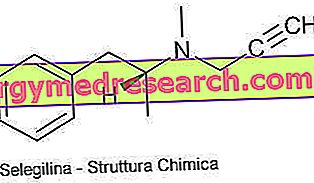Related articles: Ventricular fibrillation
Definition
Ventricular fibrillation is a serious arrhythmia characterized by a chaotic and disorganized heart rhythm originating from the ventricles. When the myocardial cells are depolarized in an unsynchronized manner, the contractions are ineffective so that the heart can expel the blood inside the arterial circulation. Therefore, the condition can lead to cardiovascular arrest, immediate syncope and death within a few minutes (unless a defibrillator is used).
Ventricular fibrillation recognizes several possible causes. The most common is represented by myocardial infarction. In addition, ventricular fibrillation can occur in patients with hypertrophic or dilated cardiomyopathy, hereditary arrhythmogenic diseases (such as long QT syndrome and Brugada syndrome) or arrhythmogenic dysplasia of the right ventricle.
The risk of ventricular fibrillation is increased in the presence of acidosis, hypoxia or ischemic events.
Possible Causes * of Ventricular Fibrillation
- Cardiac arrest
- Atherosclerosis
- coronary artery disease
- Heart attack
- Ingestion of caustic substances
- Heart failure
- Ventricular hypertrophy
- Myocarditis
- Heart failure
- Brugada syndrome



